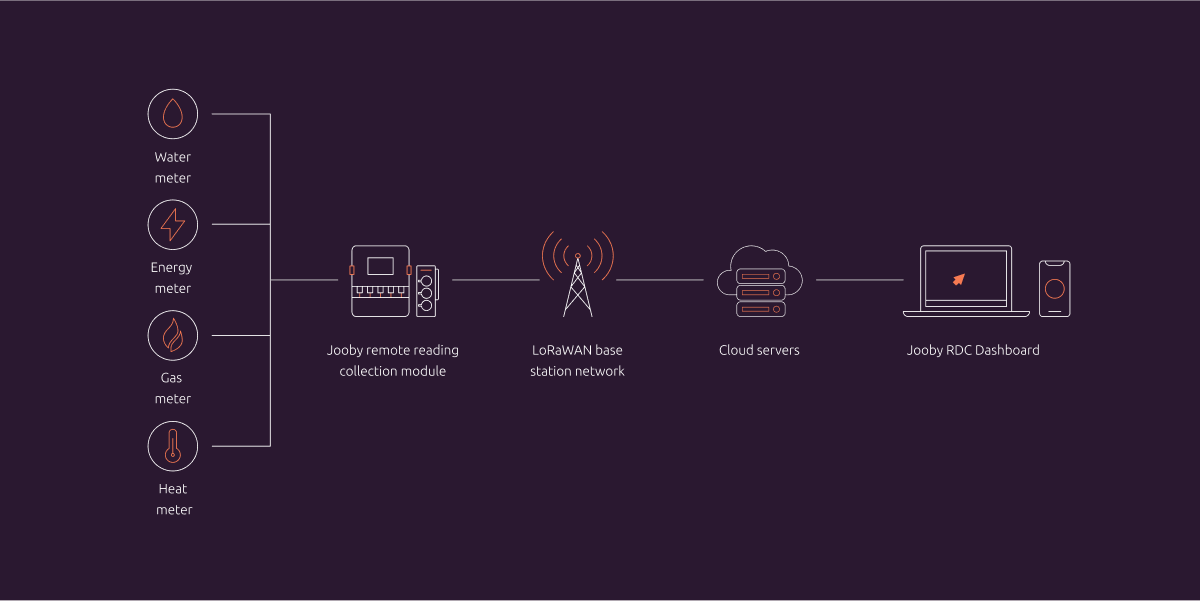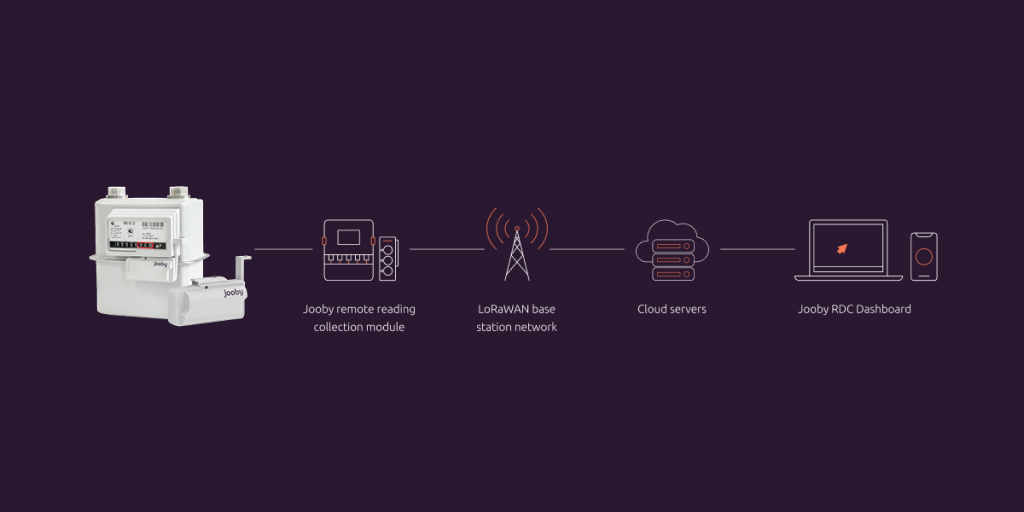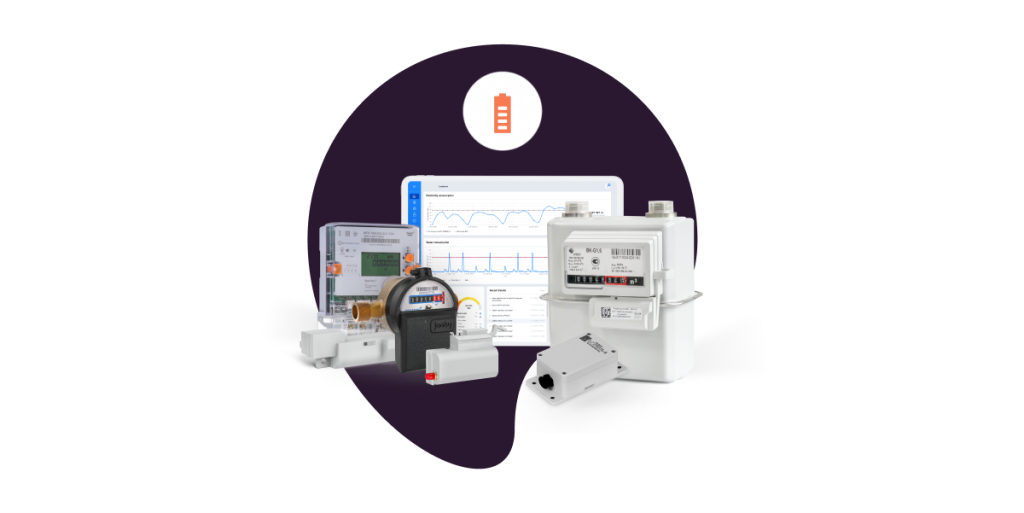
How Accurate Utility Tracking Helps Reduce Carbon Footprints
Reducing carbon footprints is essential for combating climate change, and accurate utility tracking plays a pivotal role in achieving this goal. By leveraging real-time data, IoT-enabled devices, and advanced analytics, homeowners and businesses can optimize their energy usage, minimize waste, and lower greenhouse gas emissions. Here’s how accurate utility tracking contributes to a more sustainable future.
What Is Utility Tracking, and How Does It Help with Carbon Reduction?
Utility tracking involves monitoring the consumption of electricity, water, and gas through smart meters and IoT systems. This data enables precise management of resources, leading to reduced carbon emissions by:
Optimizing Energy Usage: Identifying inefficiencies and adjusting consumption patterns.
Promoting Renewable Energy Use: Seamlessly integrating solar, wind, and other green energy sources.
Minimizing Waste: Detecting and addressing leaks or excessive usage in real time.

Benefits of Real-Time Utility Monitoring for Sustainability
1. Immediate Insights into Consumption
Smart meters provide real-time data, allowing users to:
- Monitor usage patterns.
- Adjust behaviors to reduce unnecessary consumption.
2. Enhanced Energy Efficiency
By analyzing utility data, smart systems can:
- Identify high-energy appliances.
- Recommend upgrades to energy-efficient models.
3. Reduction in Greenhouse Gas Emissions
Lowering energy waste directly correlates with reduced emissions, contributing to global climate action goals.
4. Support for Net-Zero Goals
Accurate tracking helps households and businesses align with net-zero emission targets by:
- Highlighting areas for improvement.
- Encouraging the adoption of renewable energy solutions.
Top Technologies for Utility-Based Carbon Footprint Tracking
IoT-Enabled Smart Meters
These devices monitor electricity, water, and gas usage with precision, providing actionable insights to reduce consumption.
Real-Time Emissions Monitoring Tools
Advanced sensors track carbon emissions associated with utility usage, enabling proactive management.
Automated Energy Analytics Systems
IoT platforms analyze data to identify inefficiencies and recommend corrective actions for better energy management.

How Utility Tracking Optimizes Energy Usage to Cut Emissions
Monitoring Peak Usage Periods
By identifying when energy demand is highest, utility tracking systems help users:
- Shift consumption to off-peak hours.
- Reduce strain on the grid, promoting sustainability.
Encouraging Behavioral Changes
Detailed reports motivate users to:
- Turn off unused devices.
- Adopt energy-saving habits.
Supporting Renewable Energy Integration
Smart meters make it easier to manage the production and consumption of renewable energy, ensuring maximum efficiency.
Role of Smart Meters in Achieving Net-Zero Goals
Smart meters are integral to sustainable energy management. They:
- Provide data to track progress toward emissions targets.
- Enable integration with renewable energy sources.
- Facilitate dynamic pricing models to encourage energy conservation.
Best Carbon Footprint Tracking Devices for Homes and Businesses
Energy-Efficient Smart Meters
Track electricity usage in real time to reduce waste and cut emissions.
Browse options: Jooby Electricity Monitoring Solutions
IoT Tools for Sustainable Energy Management
Leverage IoT-enabled platforms to automate energy analytics and improve efficiency.
Explore devices: Jooby Smart Energy Tools
Advanced Heat Accounting Systems
Monitor and optimize heating systems for reduced energy consumption.
View products: Jooby Heat Accounting Systems
Final Thoughts
Accurate utility tracking is a cornerstone of carbon reduction efforts. By enabling real-time monitoring, optimizing energy usage, and integrating renewable solutions, these technologies empower individuals and businesses to take meaningful steps toward sustainability.
Start your journey toward a greener future with Jooby’s range of smart utility devices and reduce your carbon footprint today.
